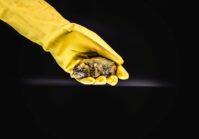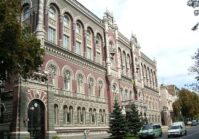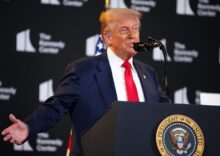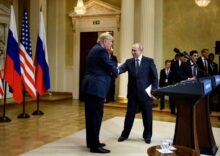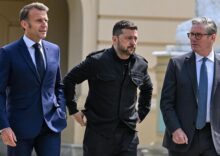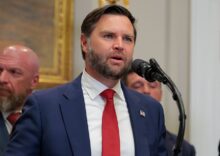Europe has ended its dependence on Russian gas but is now hooked on Russian fertilizers.
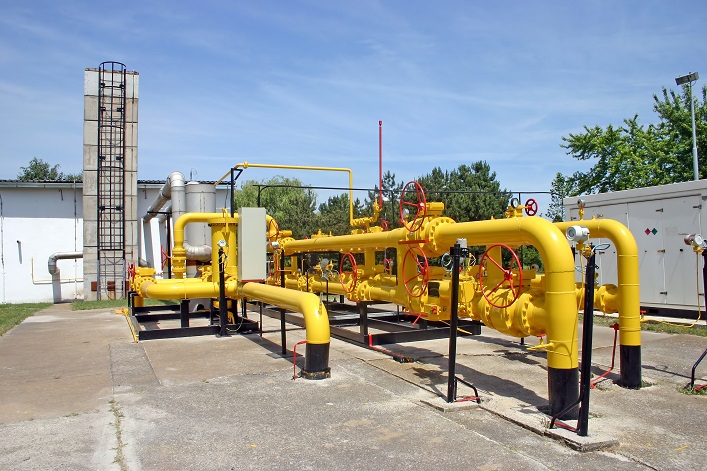

After the invasion of Ukraine, the Russian Federation sharply reduced the supply of pipeline gas to the EU, in an attempt to put pressure on European governments. Instead, the EU began to build infrastructure to import liquefied natural gas, which has helped to replace 90% of Russia’s pipeline supplies and reduced prices tenfold.
However, reliance on LNG poses potential challenges for the EU in the future, exposing it to a highly volatile market and potentially delaying progress towards net-zero emissions by 2050.
Politicians hope that legislation the EU has introduced on the electricity market and the regulation of hydrogen and gas supplies will help maintain the status quo until the US and Qatar bring more LNG to market in 2026.
However, the EU has significantly increased the import of fertilizers from the Russian Federation. Before June of 2023, the EU had imported 100% more urea from Russia than a year earlier. Imports in the current season are lower but still historically high, accounting for 33% of total urea imports in the EU.

